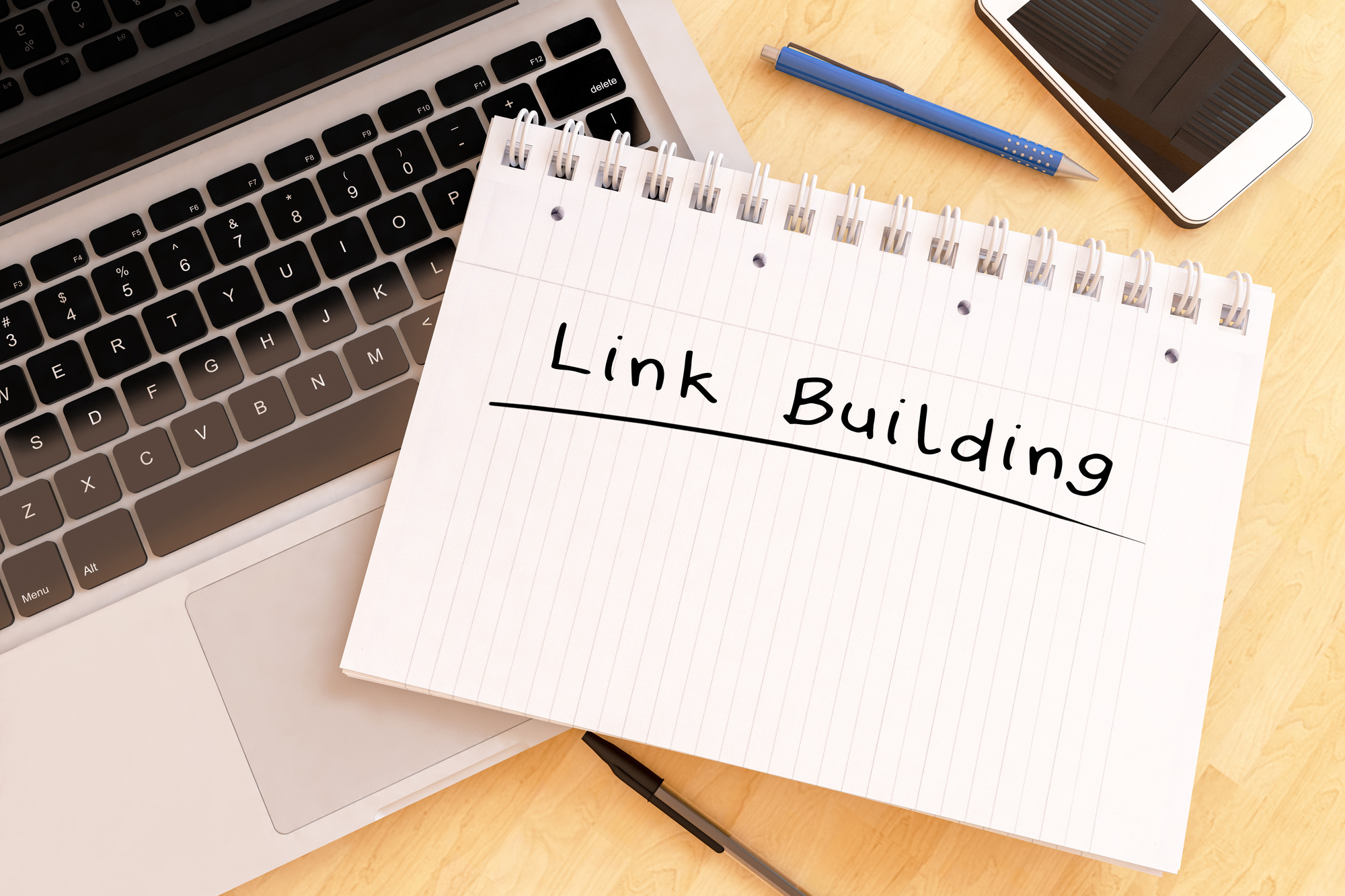Have you been avoiding nofollow links while working on your SEO?
You might be surprised to learn that nofollow SEO links actually have their place and time. Once you understand nofollow links better, you can learn how to use nofollow links to your advantage, instead of writing off these opportunities.
In this essential guide, we’ll go over what nofollow SEO links can do for your website.
Keep reading to learn more!
Why Use Nofollow SEO Links?
Links are an essential part of SEO. However, not all links are quite the same. You might have a handle on backlinks, internal links, and external links. However, nofollow links are another story.
The truth is that it takes a mix of different kinds of links to make a successful SEO strategy, and nofollow links are just as much a part of the strategy as the rest.
What makes a link nofollow, and why are they so useful? Let’s get into it.
Every link gets crawled or “followed” by a search engine by default, unless you give instructions otherwise. The way to instruct a search engine not to crawl a link is to use the nofollow attribute.
This attribute is a small piece of HTML code that reads as:
Generally speaking, you want Google to follow the links you post. If those links are relevant and useful to readers, Google won’t punish your blog.
However, nofollow links can be helpful for certain types of links that Google will punish. Now, let’s take a look at what those are.
1. Product Links
Similarly, you should always nofollow links to a product that you put on your website. Sometimes, you might agree to place links on your site in exchange for a company’s service or product, but just be sure to nofollow them every time.
2. Review Links
For standard, unpaid review links, you can use regular follow links. But for paid review links you’ll want to make them nofollow every time. If you allow the links to products you were paid to review to be followed, Google will punish you.
3. Affiliate Links
The same goes for affiliate links. If you’ll get money from sales that use the links you post, always make them nofollow.
Google recognizes affiliate links as potential sources of revenue, which is why it punishes follow affiliate links. Google uses this to discourage sites from using affiliate schemes – but if you’re going to do it, just make the links nofollow.
4. Shady Links
If, for some reason, you have a link to a shady or untrustworthy site on your blog, make sure it’s nofollow so you don’t get punished for that site’s behavior.
What’s an untrustworthy site? Any site in an industry known for spam, or a site with poorly constructed content. These low-quality websites will negatively impact your search rankings otherwise.
5. Noindexed Links
If you noindex one of your links, it’s important that you nofollow it too.
Noindex links prevent pages from showing up in Google searches, even if it’s linked to. This allows you to control which pages can be accessed on your site. If you don’t want these low-quality links messing up your rankings, be sure to add the nofollow tag as well.
6. Links Used in Images or Widgets
You should also turn any links that your feature in your widgets or images into nofollow SEO links.
For example, if you’re going to feature an icon with a link on a third-party website, make sure that it’s a nofollow link. Otherwise, Google may see it as a link scheme and punish your site.
7. Guest Post Links
Google has stated that it punishes guest posting for SEO purposes. If you want to avoid Google’s wrath, just make sure to make those links nofollow.
8. Admin Pages
There are some standard pages on your site that Google never needs to follow, including your cart, privacy, login, terms of use, and so on. Go ahead and make those nofollow SEO links.
9. Social Media Buttons
If you include social media share buttons on your site, you’ll want to nofollow those as well.
In this case, Google isn’t going to punish you for having them as follow links. However, you don’t want to be giving precious link equity to outside websites, especially massive social media sites.
The Importance of Nofollow SEO Links
Let’s dig deeper into why these nofollow strategies are important.
Google claims that it won’t transfer anchor text or PageRank on links that are marked as nofollow. However, Google is known for not always abiding by the rules it sets.
Sometimes, Google may actually follow and register links that are marked “nofollow.” For example, all the links on Wikipedia are marked nofollow. However, a backlink from Wikipedia makes a huge difference in a site’s rankings, hinting that Google does follow some nofollow links after all.
The reason for this is probably because Google knows a massive site like Wikipedia wouldn’t use low-quality or spammy links, so it automatically counts Wikipedia links instead.
This means that links from valued websites might be followed, no matter how they’re tagged.
Of course, even if nofollow links actually aren’t followed by Google, they can still be followed by web users. Every link can bring potential customers to your site and translate into valuable conversions.
Nofollow links that bring great traffic is an important part of a solid SEO strategy. Links also build more links, of all kinds. So, nofollow links can eventually translate into dofollow links, especially if they come from a valuable site.
Ready to Use Nofollow Links?
Nofollow links get a bad rap, but they’re actually an important part of your SEO strategy.
Be sure to strategically mark the right links as nofollow, while also welcoming nofollow links from reputable sites if you can get them. With this approach, you’ll be growing your traffic in no time.
Want to get help building links? You don’t have to do it alone – check out why you should use a link building agency here.











